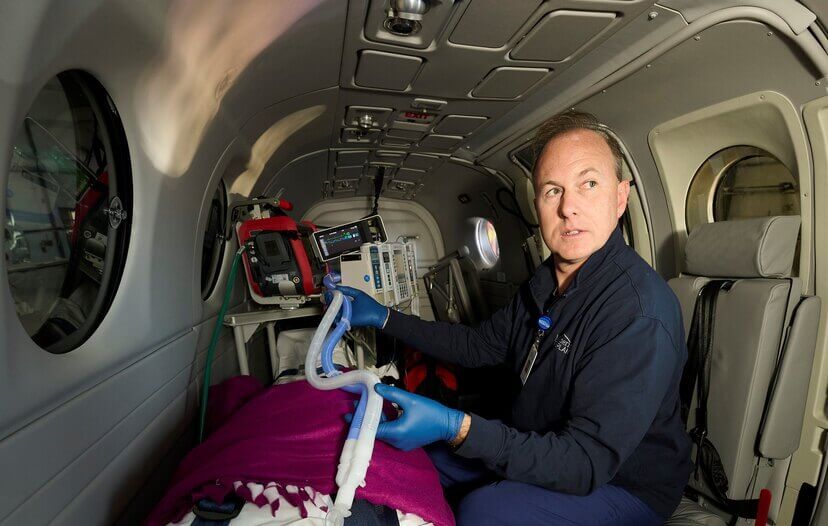Registering for Donation
What happens when I sign up for the National Donate Life Registry?
Signing up on the National Donate Life Registry ensures that your donor registration travels with you, no matter where you live or move across the country.
What does it mean to register for organ and tissue donation?
Registering usually takes place years before donation happens, but it is an important step toward someday saving lives. In the event of your death, your registration as a donor will let your family know your final wishes. This choice can also bring healing to the people you leave behind, who will know that you helped others through the gift of donation.
How do I enroll in the organ and tissue donor registry?
It takes two minutes or less to register as an organ and tissue donor on the national registry. There are several ways to sign up:
-
Register online at sayyesgivelife.org
-
iPhone users can register through the Health app
Regardless of where you register, it's important to tell your family about your decision. If the time comes, they won’t be surprised and they can help carry out your wishes.
Can I remove myself from the national registered donors list?
You can change your donor status at any time. Visit registerme.org to update your donor profile, specify any donation restrictions, or remove your registration.
How Donation Works
Who can be a donor?
In the U.S., any adult can sign up to be an organ donor. In some states, people under the age of 18 can commit to organ donation, but authorization by a parent or guardian is generally required for underage individuals who have passed away.
Even if you have a medical condition, there is still a chance that you can donate. Your medical condition at the time of death will determine which organs and tissues can be donated.
Is there a cost to be an organ, eye, and tissue donor?
There is no cost to the donor’s family for donation. The donor family pays only for medical expenses before death and costs associated with funeral arrangements.
What will happen to my donated organs or tissues?
When someone dies, the local organ procurement organization or tissue bank uses a national computer system to match the donor’s organs with people waiting for transplants. Patients who receive the organs will be identified based upon many factors including blood type, time waiting, medical information, and location. Race, income, and celebrity status are never considered. To learn more about how organ procurement organizations work, visit our What We Do page.
Misconceptions & Facts About Donation
MISCONCEPTION: If I’m registered as a donor, doctors may not do everything to save me in an emergency.
FACT: Your decision to donate will NOT interfere with your medical care. Donation does not become a possibility until all lifesaving methods have been attempted and exhausted.
MISCONCEPTION: I am too old or too sick to become an organ and tissue donor.
FACT: Anyone, regardless of age or medical history can sign up to be a donor. Medical professionals will determine at an individual's time of death whether donation is possible. Even with an illness, you may be able to donate your organs or tissues.
MISCONCEPTION: My religion won’t allow me to donate my organs or tissue.
FACT: All major religions support organ, eye, and tissue donation. Most see donation as an act of love and generosity toward others.
MISCONCEPTION: I can’t have an open casket at my funeral.
FACT: An open-casket funeral is possible for organ, eye, and tissue donors. Through the entire donation process, the body is treated with respect, dignity, and care.
MISCONCEPTION: Rich and famous people are moved to the top of the transplant waiting list.
FACT: Donated organs are matched to recipients through a national computer system. The factors used are blood type, time waiting, medical information, and location. Race, income, and celebrity status are never considered.
Why Register
How many people are currently waiting for organs?
The number of patients waiting for organs varies every day, but on average, the number is well over 110,000 and climbing. On average, 17 people die each day while waiting for a transplant. For more reasons to say yes to donation, visit our Why Give Life page.


